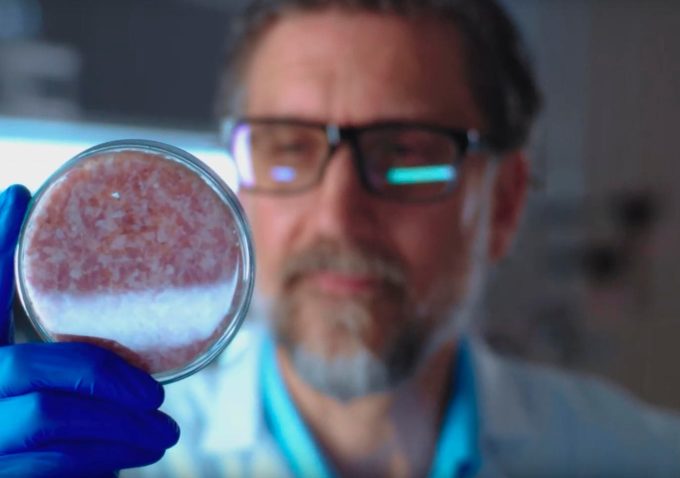The renewed partnership provides Bioinnovo with the international rights to use Algenex’s APCH (antigen presenting cells homing) molecule in the field of animal health. Bioinnovo is currently evaluating and developing the application of APCH for the control of other pathogens.
Bioinnovo is a public-private company formed by the National Institute of Agricultural Technology (INTA) and domestic firm Vetanco – both headquartered in Buenos Aires. Vetanco president Jorge Winokur told Animal Pharm the molecule will be used in other vaccines for ruminants.
The new deal follows several years of collaboration, after INTA initially began collaborating with Algenex in 2008. The original pact was designed to develop the Vedevax Block bovine diarrhea virus vaccine using the APCH molecule.
Vetanco is selling Vedevax Block in Argentina and is preparing registration dossiers for the vaccine in an extra six undisclosed countries. Mr Winokur said “advanced discussions with a major player are ongoing for the distribution in Europe and North America”.
Bioinnovo stated: “Data collected by us, regulatory agencies and third parties show protective antibody titers achieved by Vedevax Block saturate the detection capacity of conventional testing methods, representing a milestone achievement in controlling BVD in the field.”
APCH insight
The APCH molecule was first developed by a research group at Spain’s Instituto Nacional de Investigación y TecnologÃa Agraria y Alimentaria. This research group was led by José Escribano – Algenex founder and chief scientific officer. The molecule was then licensed to Algenex.
Dr Escribano told Animal Pharm: “APCH is an antibody that recognizes the class II antigen molecule in immune cells of all animal species, including humans. When any vaccine antigen is fused to this antibody and injected into the body, it is immediately driven to the immune professional cells and generates a potent immune response. It is a molecule to boost the immune responses against subunit vaccines.
“APCH is produced as a single-chain antibody and may reduce the antigen dose delivering cellular and humoral immune responses simultaneously. It is the case of the new vaccine against bovine viral diarrhea developed with the virus protein E2 fused to APCH and produced in insect cells. APCH may be used in protein-based vaccines as well as in DNA or vectorized vaccines.”
Earlier this month, Madrid-based Algenex added another commercial license agreement with Italy’s Fatro to its roster of partnerships. This particular collaboration is for the development of an unspecified swine vaccine.
Download



